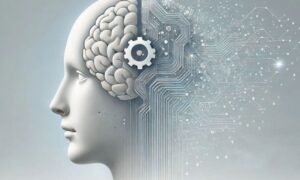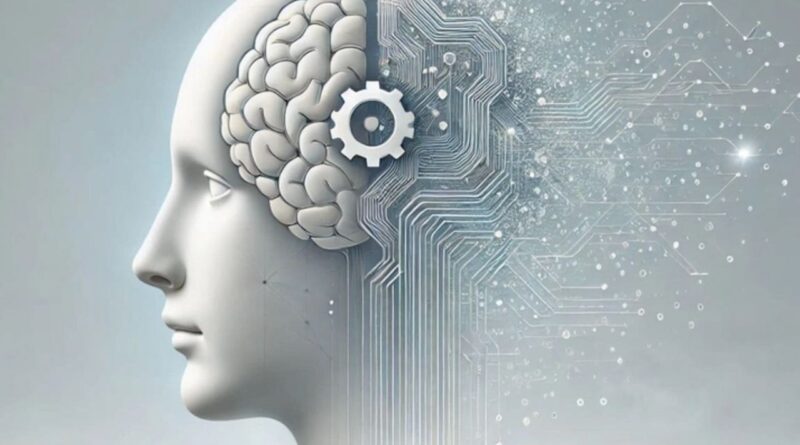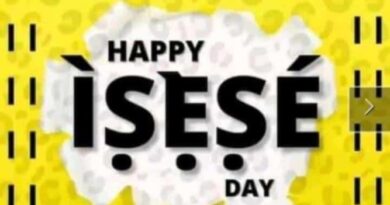Is Artificial Intelligence Hindering Human Cognitive Development?
 Is Artificial Intelligence Hindering Human Cognitive Development?
Is Artificial Intelligence Hindering Human Cognitive Development?
Artificial Intelligence is changing the way humans live, work, and think. But an important question persists: could heavy reliance on AI be weakening our ability to think critically and creatively?
Consider a courtroom scene. Two seasoned lawyers are asked by a judge to set aside their books, case notes, and digital tools. Instead, they must argue based only on their understanding of justice and the welfare of a child. No chatbot or algorithm can step in here. What matters is the human mind—quick, sharp, and creative.
Another example is the UK’s Prime Minister’s Questions. Every Wednesday, the Prime Minister faces tough, unscripted questions on everything from health to foreign policy. There is no space for machine-generated answers. The ability to think on one’s feet is what counts.
The same applies on the world stage. Leaders who address global issues such as climate change, war, or migration cannot lean on AI to supply real-time judgement. What is demanded is intellectual clarity, moral reasoning, and original thought.
This raises a concern: does constant use of AI risk dulling these mental muscles? Many experts warn it does. Overreliance on machine intelligence can stifle problem-solving skills, slow memory retention, and reduce creativity. When the brain is not challenged, it begins to decline.
ALSO READ: Anambra Bans Writing Assignments in Textbooks, Moves Against Extravagant School Parties
AI, at its core, is second-hand intelligence. It gathers knowledge, processes data, and simulates human interaction, but it does not originate ideas. The “intelligence” behind AI still comes from human input and ingenuity.
Research supports these fears. Studies suggest that routine dependence on AI tools, from chatbots to large language models, can impair independent reasoning. Carnegie Mellon University and Microsoft recently found that people who trust AI too much tend to think less critically. Instead of analyzing problems, they outsource judgement to machines.
This does not dismiss the enormous benefits of AI. In healthcare, AI is revolutionizing diagnosis, surgery, and patient care. In science, it powers breakthroughs in astronomy, agriculture, and biotechnology. Businesses are also being reshaped by automation and machine learning. The World Economic Forum predicts AI will create millions of jobs while displacing others by 2030.
The issue, then, is not whether AI should advance. It is about balance. Humans must avoid surrendering their intellectual capacity to algorithms. While AI enhances efficiency, true progress still depends on the human brain’s originality and creativity.
Cognitive ageing is natural. Cognitive decline caused by neglecting our mental faculties is not. To prevent this, people must keep engaging in deep thinking, solving problems, and sharpening memory. Education, puzzles, debates, and active learning can help keep the brain sharp.
As Edward de Bono once said, creativity is humanity’s most important resource. Without it, society would stagnate. AI may assist, but it can never replace the spark of human thought.
In the end, the challenge is simple: use AI wisely, but never stop thinking for yourself.
Content Credit: Moyosola Oni
Image Credit: Google Search .Com




